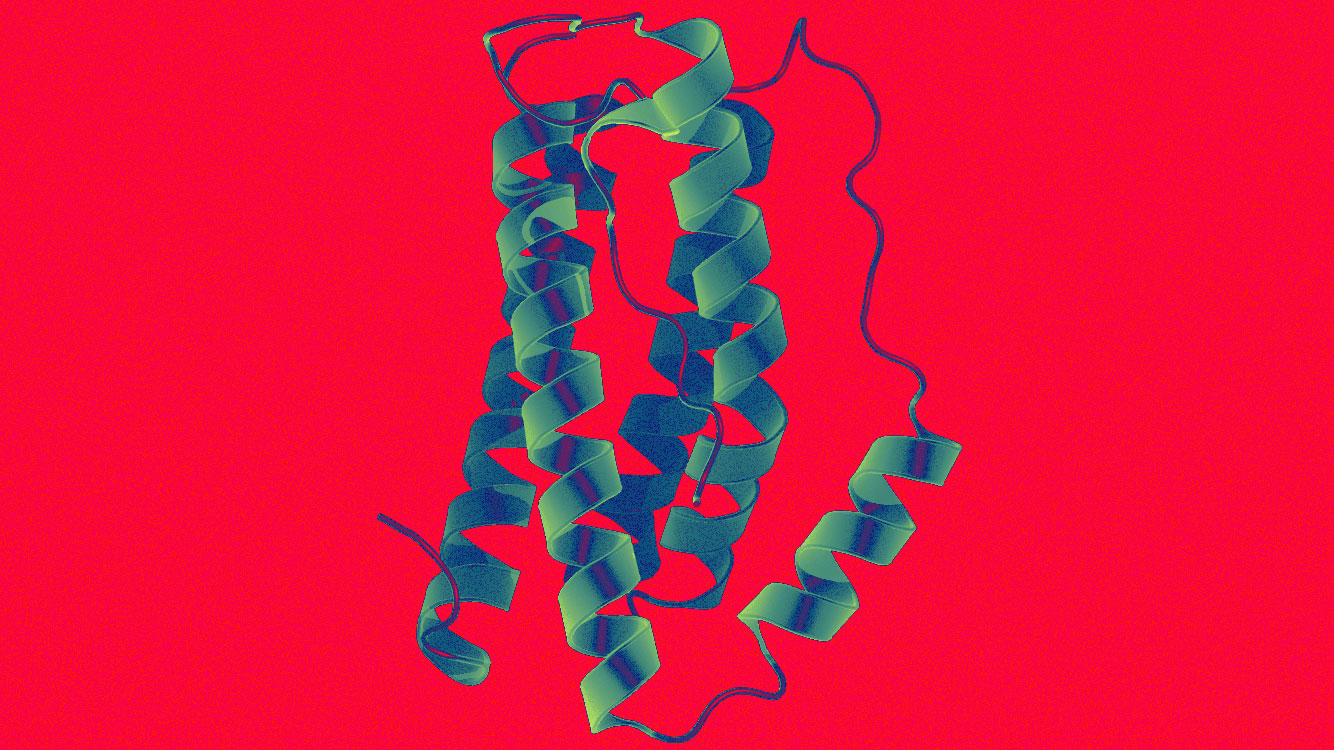
Time matters when treating sepsis, a leading cause of death in US hospitals that kills nearly 250,000 patients annually. Now an MIT-invented biosensor could help doctors diagnose the condition in minutes instead of hours.
With sepsis, the immune response to infection triggers a chain reaction of inflammation, causing elevated heart rate, high fever, and shortness of breath. If unchecked, it can lead to septic shock, where blood pressure falls and organs shut down.
Traditional lab tests and tools that diagnose sepsis can take hours. But the protein interleukin-6 (IL-6) is a promising early biomarker. Levels rise sharply in blood in response to inflammation, which can occur long before other symptoms appear. Concentrations of IL-6, however, are still too low for traditional assays to detect quickly.
The MIT researchers’ microfluidic sensor automatically detects clinically significant levels of IL-6 in about 25 minutes, using blood that can be collected from a finger prick. In one microfluidic channel, microbeads laced with antibodies and enzymes mix with a blood sample to capture IL-6 proteins. In another channel, only beads containing the biomarker attach to an electrode. Running voltage through the electrode produces an electrical signal for each biomarker-laced bead. The signals are combined and converted into a quantifiable measure of the biomarker.
“Doctors just load in a blood sample using a pipette. Then they press a button, and 25 minutes later they know the IL-6 concentration,” says first author Dan Wu, a PhD student in the Department of Mechanical Engineering.
Keep Reading
Most Popular
How scientists traced a mysterious covid case back to six toilets
When wastewater surveillance turns into a hunt for a single infected individual, the ethics get tricky.
The problem with plug-in hybrids? Their drivers.
Plug-in hybrids are often sold as a transition to EVs, but new data from Europe shows we’re still underestimating the emissions they produce.
What’s next for generative video
OpenAI's Sora has raised the bar for AI moviemaking. Here are four things to bear in mind as we wrap our heads around what's coming.
Stay connected
Get the latest updates from
MIT Technology Review
Discover special offers, top stories, upcoming events, and more.